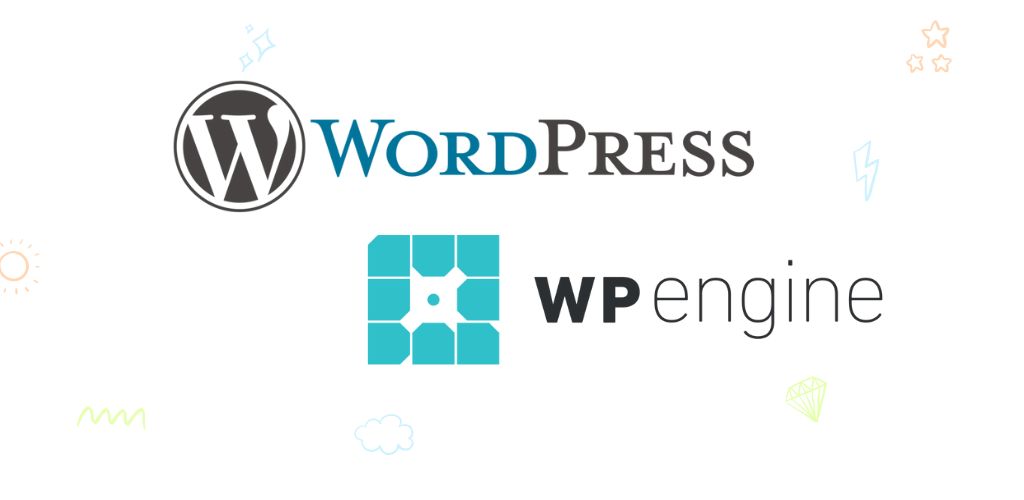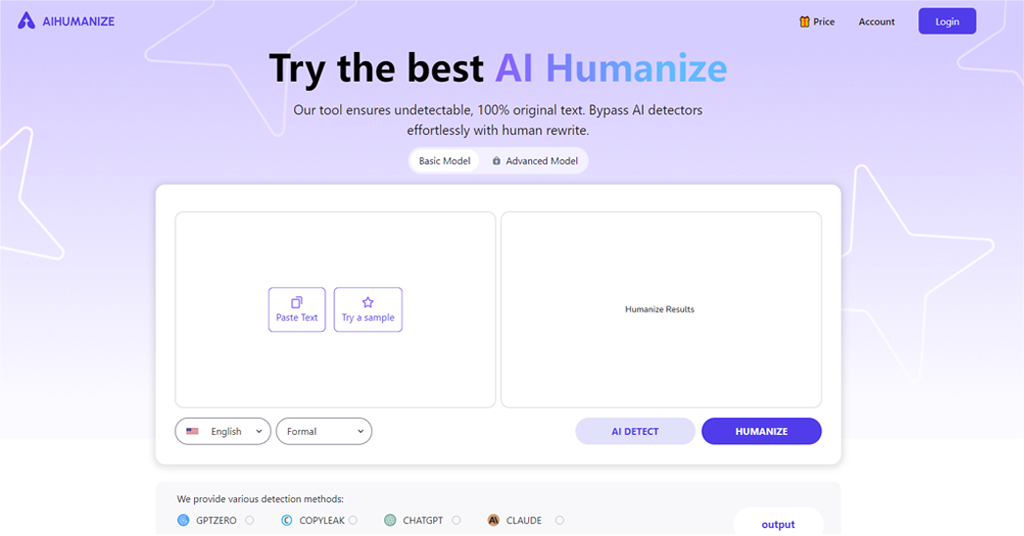
Automattic vs WP Engine Conflict: What is the future
For over two decades, WordPress has been one of the mostly used content management systems (CMS) in the world. Currently there are around 478 million websites built with it which is approximately 43% of all globally. The reason behind its success is basically for its open source nature, free to use, and a large community of developers worldwide. However, a recent conflict between Automattic, the company behind WordPress and WP Engine, a popular hosting provider has raised controversy about the future of WordPress as an open-source platform.
In this article, we’ll explain the root of the conflict, technical details, and what could be the impact on users and the future of WordPress open source community. For better understanding let’s get an overview on WordPress first and how it operates.
What is WordPress
There are mainly two entities of WordPress. One is WordPress.org and another one is WordPress.com.
WordPress.org is the home of the free and open-source WordPress CMS. Anyone can download the WordPress CMS from here and launch websites on their own server. It gives them full control over their website without any financial requirement and also grants permission of modification as per the open source nature. Thus millions of developers constantly contribute to its growth and extend its functionality through themes, plugins, and custom developments. This freedom is what made WordPress the leading CMS.
On the other hand, WordPress.com is owned and operated by Automattic that offers a hosted version of the WordPress CMS. It means users don’t need their own server to run their website. Rather they purchase premium services and hosting plans from Automattic. WordPress.com is built with the core software as WordPress.org, but it’s a fully managed, paid service. This is where Automattic gets revenue primarily, and that revenue is used to maintain the open-source WordPress.org project.
This relationship between the free and open-source platform and the paid services has worked well for years until now.
The Conflict with WP Engine
The controversy between Automattic and WP Engine has been raised over multiple factors like WordPress’ licensing, naming conventions, and how hosting companies manage WordPress installations. WP Engine is a WordPress hosting platform that offers several managed features such as backups, security, and server maintainance. It’s particularly popular in the developer community because of its simplified site setup so that users can focus on content creations rather than server administration.
However, WP Engine offers customized WordPress that comes with several native functionalities removed or modified. Such as it doesn’t keep post revision in favor of lowering server cost that is against native WordPress as they maintain data integrity and transparency.
Also there is a naming convention conflict. Though WordPress.org has long allowed companies to use “WP” as an abbreviation, Automattic claimed that WP Engine’s use of the name was now a violation of WordPress trademarks. This sudden shift in policy has sparked outrage in the WordPress community.
What Happened Next?
The dispute escalated quickly, Automattic blocked websites hosted on WPEngine from accessing the WordPress.org plugin and theme repositories. For thousands of users, this meant they could no longer install or update themes and plugins directly from their WordPress dashboards. Individuals and teams working with the WP Engine ecosystem suddenly couldn’t find out if there were new versions of plugins. It threw workflows into chaos. This issue goes beyond mere inconvenience. Without access to the official WordPress repositories, WP Engine users were left in a potentially dangerous position, with their websites exposed to outdated codebase and security flaws.
The Implications for the WordPress Community
The Automattic vs. WP Engine conflict raises concerns for the WordPress ecosystem, particularly in terms of open-source freedom and the role of corporate influence.
WordPress is built on the principles of open-source software, which means anyone can download, modify, and redistribute the software, as long as they adhere to the rules of the GNU General Public License (GPL). The GPL ensures that the source code remains open and available to the public, preventing any one company or individual from gaining total control over the software.
However, Automattic’s aggressive actions against WP Engine seem to contradict the spirit of open-source freedom. By blocking WP Engine’s access to the WordPress.org repositories, Automattic has exercised its corporate power in a way that directly impacts thousands of businesses that rely on WP Engine’s services.
Many developers and business owners are now questioning how much control Automattic should have over WordPress.org. It’s troubling to see that one company has so much influence over a platform that’s supposed to be open and free. This kind of corporate behavior goes against the very principles that made WordPress successful in the first place.
Would WordPress Remain Open and Free?
This conflict serves as a wake-up call for the entire WordPress community. While WordPress is technically open-source, the influence of Automattic has grown to the point where it can make sweeping decisions that affect the entire ecosystem. If one company can block access to essential resources like themes and plugins, is WordPress truly open?
Many developers are now pushing for solutions that will ensure WordPress remains independent of any one company’s control. Some have suggested creating alternative repositories for plugins and themes that are not controlled by Automattic. Others believe the WordPress community should form an independent organization to oversee the future of the platform, rather than leaving it in the hands of a single company.
As an average WordPress user, this may seem like a distant issue. But the consequence could affect everyone who uses WordPress to power their websites. It’s important that we stay informed and involved in the decisions being made around WordPress. Whether you’re a developer, a business owner, or just a casual WordPress user, this is your platform, too. We need to make sure it stays open and free for everyone.





 Win $10,000
Win $10,000